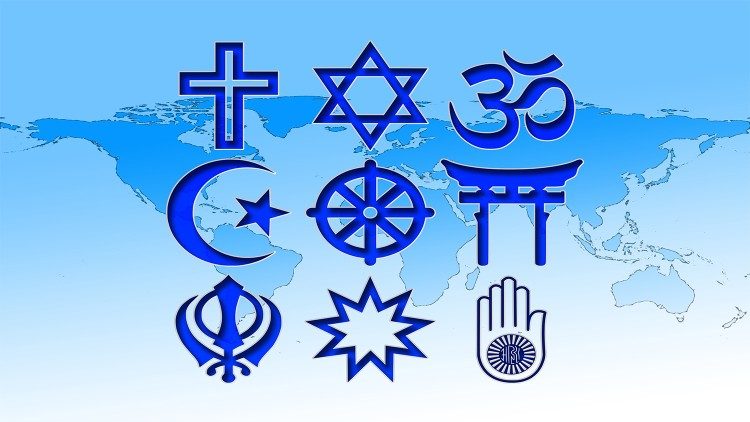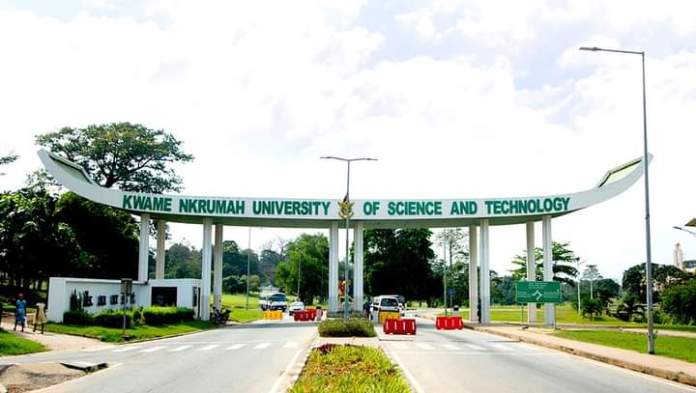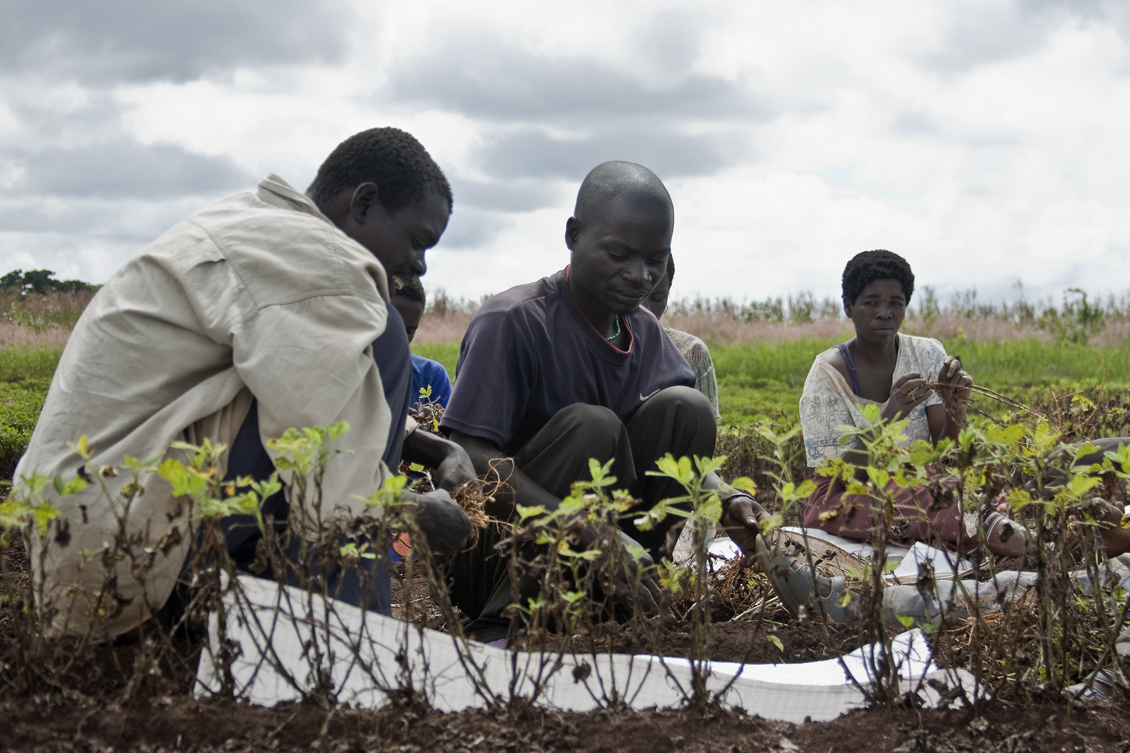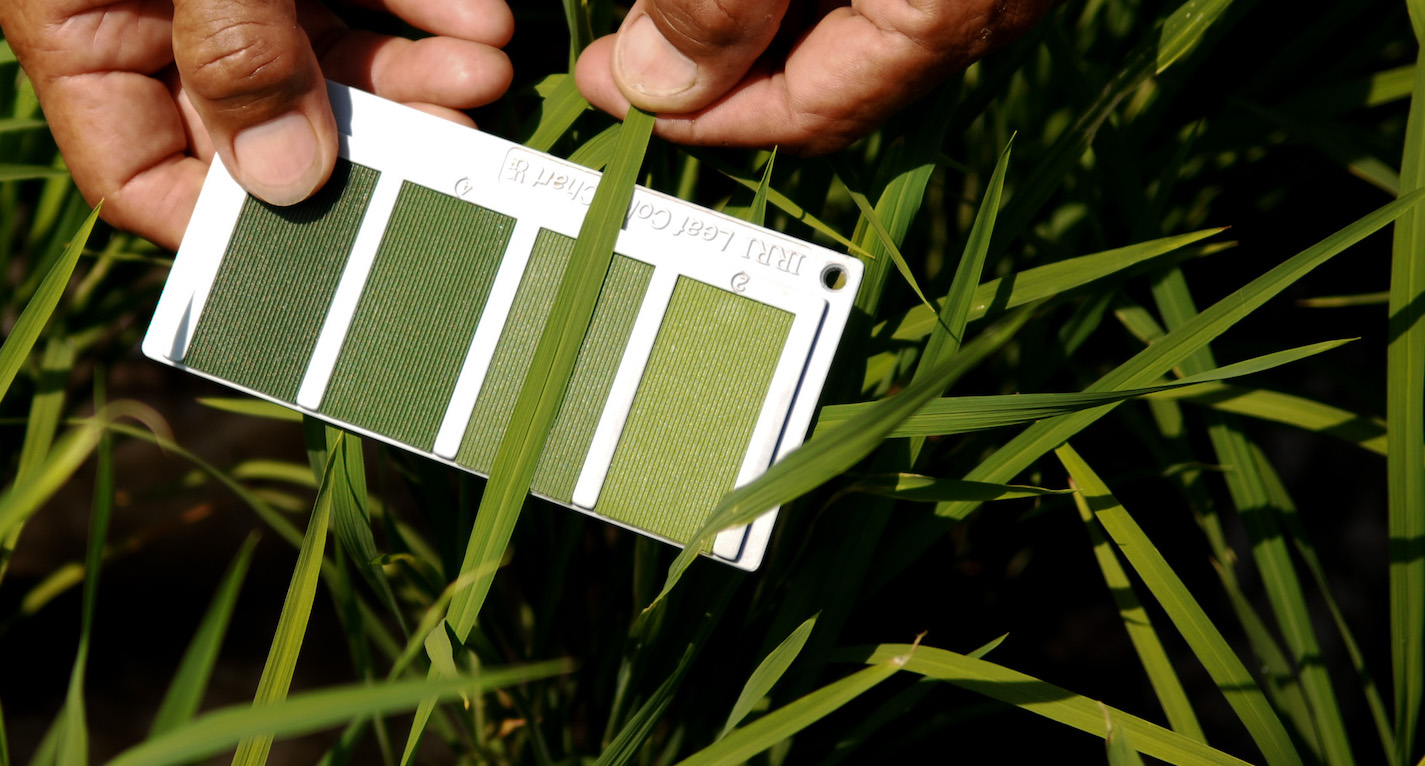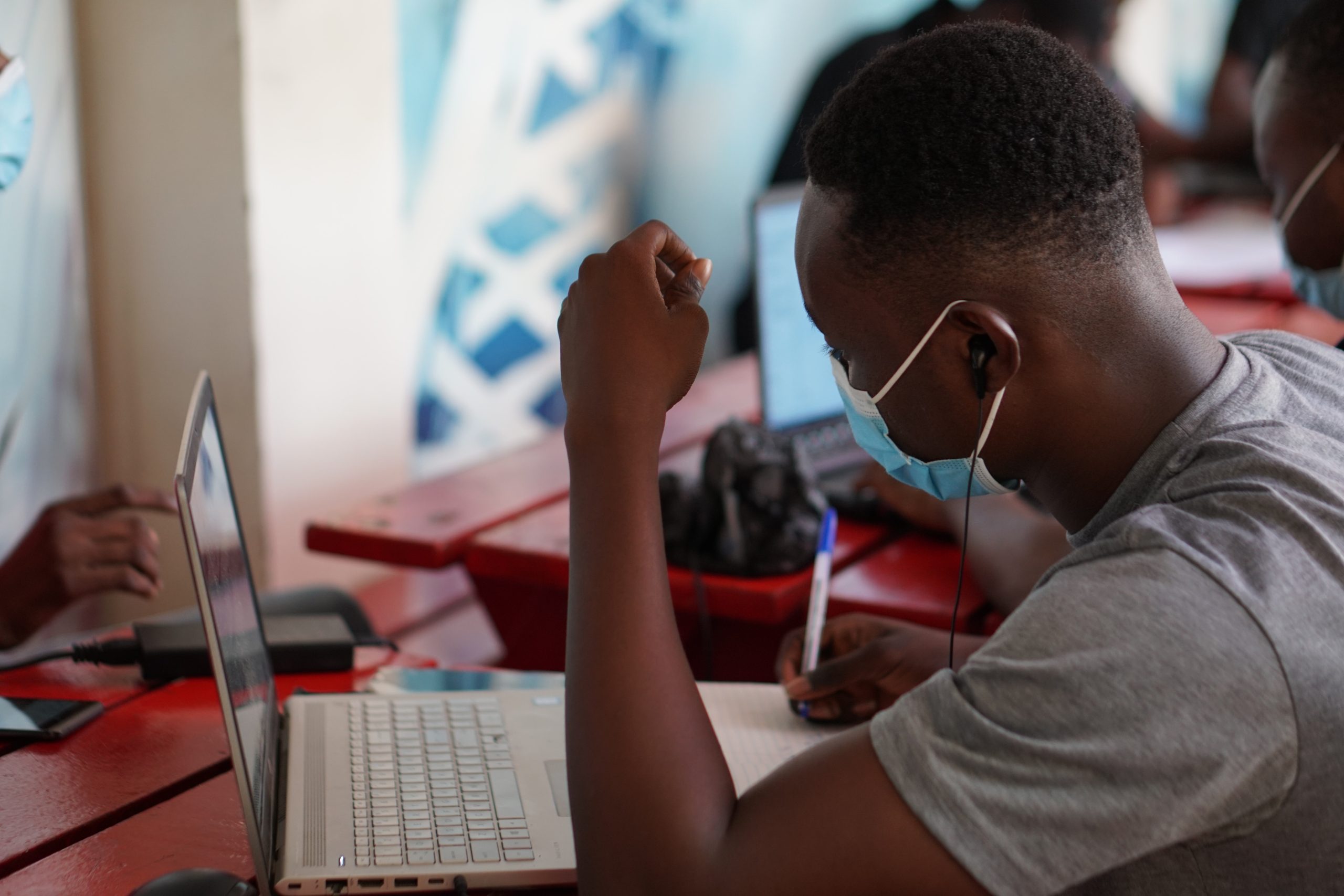The Bachelor of Arts (BA) in Religious Studies program at Kwame Nkrumah University of Science and Technology (KNUST) is a fascinating academic journey that delves into the intricate tapestry of beliefs, practices, and cultures that shape societies around the world.
Understanding the Program
This program is designed for students who are intrigued by the diverse array of religious traditions and their influence on individuals and societies. It is not about promoting or propagating any particular faith, but rather about studying religion as a cultural, historical, and social phenomenon.
Curriculum Overview
The curriculum of the BA in Religious Studies at KNUST is thoughtfully structured to provide students with a comprehensive understanding of the world’s major religious traditions. Here are some key components:
BUY KNUST ADMISSION FORMS ONLINE
Foundational Courses: These courses typically introduce students to the academic study of religion, exploring fundamental concepts and methodologies. Topics may include comparative religion, religious ethics, and philosophy of religion.
Exploring World Religions: Students delve into specific religious traditions, such as Christianity, Islam, Buddhism, Hinduism, and others. They gain insights into the beliefs, practices, rituals, and historical development of each tradition.
Cultural and Historical Context: Understanding the historical, cultural, and societal contexts in which religions emerge and evolve is crucial. This may involve studying ancient civilizations, the spread of religions, and their impact on global events.
Read Also: KNUST BSc. Aerospace Engineering cut off points & requirements 2023
Ethics and Morality: Many programs incorporate courses that delve into the ethical frameworks within different religious traditions. This can involve discussions on morality, social justice, and ethical dilemmas.
Research and Critical Thinking: Students are often encouraged to engage in independent research projects, honing their analytical and critical thinking skills. This may culminate in a senior thesis or capstone project.
Admission Requirement
WASSCE/SSSCE APPLICANTS Entry Requirements
Core Subjects: Credit passes in English Language, Mathematics, and Integrated
Science
Elective Subjects: Credit passes in THREE (3) from General Arts subjects.

‘A’ LEVEL APPLICANTS Entry Requirements
‘O’ Level: Credit passes in FIVE (5) subjects including English Language and
Mathematics.
‘A’ Level or equivalent: Credit passes in THREE (3) subjects from Christian Religious Studies, History, Literature in English, French, Economics, Government, and Geography.
MATURE APPLICANTS Entry Requirements
An applicant must be at least 25 years at the time of the application.
An applicant must also satisfy the requirements for WASSCE/SSSCE OR ‘A’ Level.
DIPLOMA APPLICANTS Entry requirements
Diploma or Higher National Diploma in Religious Studies or Theology with a Minimum Grade “B+” from an Accredited University or Theological Seminary will be admitted into the SECOND YEAR of the programme, subject to passing an entrance examination and interview.
Cut off points
The cut off point for the program is 19.
Career Prospects
Graduates of the BA in Religious Studies program at KNUST possess a versatile skill set that can be applied in various professional fields. While some may choose to pursue advanced degrees in divinity, theology, or religious studies, others find fulfilling careers in:
Education: Teaching religious studies at the high school or college level.
Non-Profit and Advocacy Work: Working with religious organizations, NGOs, or advocacy groups focused on interfaith dialogue, humanitarian efforts, or social justice.
Cultural and Heritage Institutions: Curatorial work in museums, cultural centers, or heritage preservation organizations.
Journalism and Media: Reporting on religious issues, spirituality, or cultural diversity.
Public Service and Government: Advising on policies related to religious freedom, diversity, and inclusion.
Conclusion
The BA in Religious Studies program at KNUST offers a rich and intellectually stimulating exploration of the world’s religious traditions. It equips students with a deep understanding of cultures and beliefs, fostering intercultural sensitivity and critical thinking skills. Graduates emerge prepared to engage with the complexities of our globalized world with respect, empathy, and a profound appreciation for human diversity.
